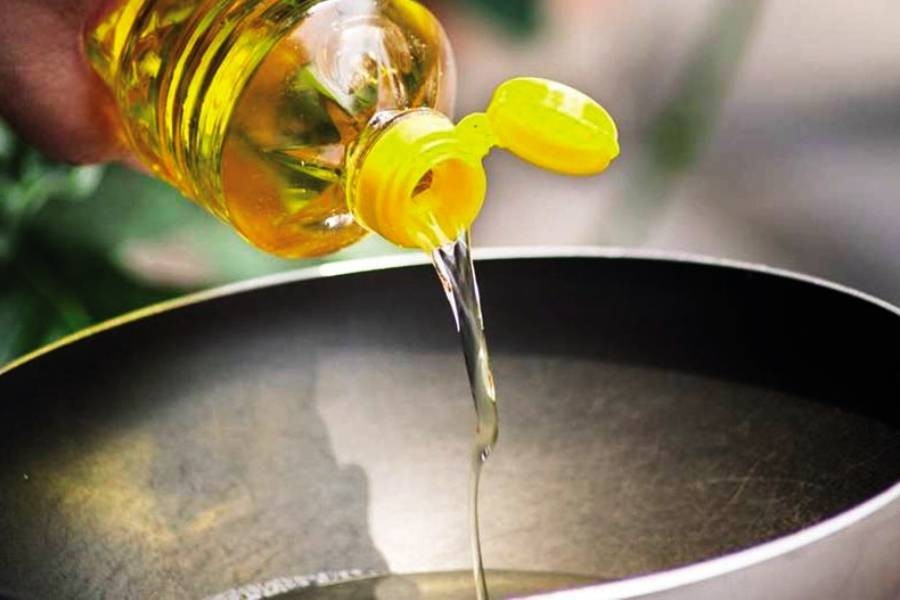Commerce Minister Tipu Munshi ruled out on Sunday any possibility of decline in edible-oil prices in the local market unless their rates decrease in the global market.
"If the prices of edible oils in the international market do not decline, then simply putting pressure on local traders to reduce prices of soybean and other oils will not work," he told the media after attending a cabinet meeting at the Bangladesh Secretariat.
So, putting pressure on the traders would hardly help cut edible-oil prices in the local market, the commerce minister observed.
He admitted that the price hike of edible oils created an extra burden for consumers.
Tipu Munshi, however, said if oil prices were not increased, the importers might not feel interested to import soybean. It would only complicate the present situation.
"Edible oil prices in the global market doubled during the last one decade coupled with increased freight charges. So, if we don't adjust the prices here in line with the international prices, the traders might not import soybean. And without import there will be a big crisis."
Citing reasons for the recent soybean oil price hike in the local market he said, "We (the government) have increased the prices of soybean oil, as 90 per cent of our total requirement is dependent on import."
The prices of edible oils doubled in the global market during the last 10 years.
The commerce minister noted that the Bangladesh Trade and Tariff Commission (BTTC) fixes the prices of edible oils after every 10-15 days in line with their global market prices, which is rational and justified.
On February 03, the edible oil refiners submitted a proposal to the government, seeking further hike in the maximum retail price (MRP) of the daily essential item.
They requested the government to raise the MRP of bottled soybean oil to Tk 186 per litre from the existing Tk 168 per litre, which was approved by the government on February 06.
The government also fixed loose soybean oil price at Tk 143 per litre and palm oil at Tk 133 per litre on the same day - based on a proposal of the refiners, submitted in January.
In their latest proposal, the refiners urged to fix the MRP of loose soybean oil at Tk 161 a litre and palm oil at Tk 150 a litre, said a BTTC official.
Mr Munshi mentioned that during the upcoming month of Ramadan, the Trading Corporation of Bangladesh (TCB) would provide onion, edible oil, sugar, dates, lentil and gram to 10 million poor families at subsidised rates.
The TCB would provide these essential items at union level by following the list of marginalised people, who earlier received the government's financial help of Tk 2,500 each during the coronavirus pandemic.
The minister, meanwhile, opined that the farmers would be benefited due to the present high prices of onion. If the price of onion is Tk 25 a kilogramme (kg) in Kushtia and Rajbari districts, it must be sold between Tk 40-45 a kg in the capital.
"When onion was sold at Tk 25 a kg in the capital, the agriculture minister proposed me to stop its import, as the farmers were suffering due to low price."
"If the prices of onion come down, the farmers say what we (farmers) will do? Similarly, when the prices rise, the consumers also express their frustration. That is the problem," he mentioned.


